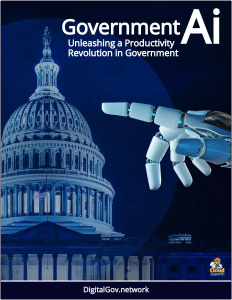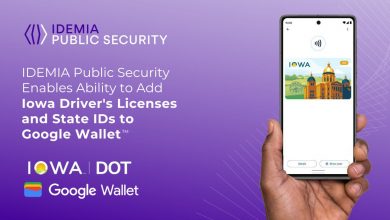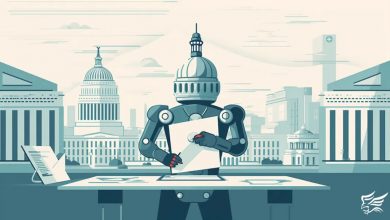The Agentic State – Rethinking Government for the Era of Agentic AI
The core idea is that agentic AI enables "agentic states"—governments that operate with greater autonomy, adaptability, and public focus.
 “The Agentic State” is a visionary report and global action platform launched to guide governments in harnessing agentic AI—a new class of autonomous, decision-making AI systems—to fundamentally reshape public administration.
“The Agentic State” is a visionary report and global action platform launched to guide governments in harnessing agentic AI—a new class of autonomous, decision-making AI systems—to fundamentally reshape public administration.
Initiated by the Global GovTech Centre and supported by the World Bank, the report argues that agentic AI will disrupt government operations more rapidly than any prior technology, demanding urgent, purpose-driven adoption to enhance services, decision-making, and accountability.
It positions the state not just as a user of AI but as a leader in its ethical deployment, ensuring equitable access for countries at all digital maturity levels.
Main Thesis
The core idea is that agentic AI enables “agentic states”—governments that operate with greater autonomy, adaptability, and public focus. By integrating these systems, governments can automate complex tasks, respond to crises in real-time, and foster inclusive governance. The report warns of risks like bias or centralization if adoption lags, urging leaders to act now to steer AI toward public good.
Key Sections and Arguments
The report opens by defining agentic AI as systems that independently perceive, reason, plan, and act toward goals, far beyond current narrow AI. It highlights transformative potential in areas like personalized public services (e.g., AI agents handling citizen queries end-to-end) and predictive crisis management (e.g., simulating disaster responses).
Unveiled at the 2025 Tallinn Digital Summit, this section details AI’s role across government functions:
- Public Services: AI agents streamline delivery, reducing wait times and tailoring support (e.g., dynamic welfare allocation).
- Crisis Management: Real-time scenario modelling for faster, data-driven responses to events like pandemics or natural disasters.
- Governance and Decision-Making: Enhanced policy simulation and accountability through transparent AI audits.
- Procurement and Infrastructure: AI-optimized sourcing to cut costs and boost efficiency.
It emphasizes required shifts: technological (robust AI infrastructure), organizational (new roles like “AI stewards”), and leadership (cross-sector collaboration). Key data points include projections that agentic AI could boost global GDP by 15-40% by 2035, with governments capturing up to 20% through efficiency gains, but only if inequities are addressed.
Conclusions and Recommendations
The report concludes that proactive, values-led integration is key to avoiding AI-driven divides. It recommends building “AI sandboxes” for testing, investing in skills for public servants, and forming international coalitions for standards. A notable quote encapsulates the urgency: “Agentic AI is set to transform government faster than any technology before it. That’s why acting now is essential.”
Overall, the report serves as both a diagnostic and a call to action, inviting public leaders to join the platform via hello@agenticstate.org for collaborations, resources, and updates. It’s concise yet ambitious, blending optimism with pragmatic guidance for an AI-augmented public sector.




